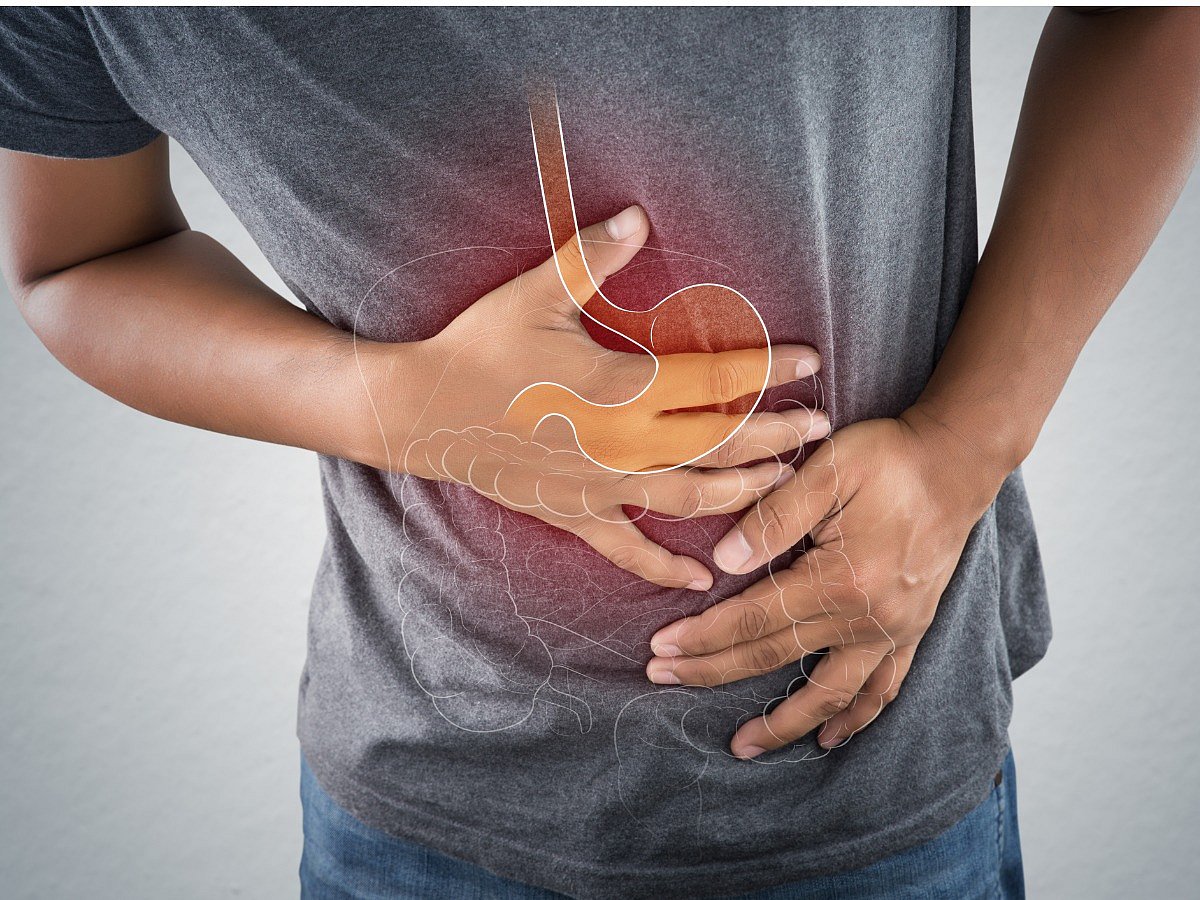Tips to Manage the Symptoms of Irritable Bowel Syndrome
Here is a mix of lifestyle and dietary tips that IBS patients can follow to reduce the symptoms.

advertisement
Irritable bowel syndrome (IBS) is a long-term condition and it can often last for a lifetime. There is no specific test to diagnose the problem but tests are taken to rule out other conditions with similar symptoms. IBS mainly affects the gut and causes symptoms like cramps, bloating and pain in the abdominal area or around the stomach.
According to US NIH, around 1 in 5 people IBS symptoms once in their lifetime and women are more likely to be affected by the condition than men. omen between the age of 20 to 30 experience the symptoms for the first time. Thus, here are a few lifestyles and dietary tips that you can follow to prevent the worsening of IBS symptoms.
Tips to Manage the Symptoms of IBS
The first and easiest thing you can do is to plan a well-balanced diet and regular meal timings. You should avoid late-night snacks and chew your food well to ease the symptoms.
You should have enough fluids and water to prevent constipation and worsening of IBS symptoms.
You need to know your trigger foods that worsen or cause the IBS flare-ups. For some people, the food includes: alcohol, dairy, and caffeine but maintaining a food diary would help exclude other triggers as well.
It is important you consume enough fiber in your diet so that it can prevent constipation and improve the IBS symptoms. If diarrhea is your prevalent IBS symptom, you can reduce the fiber intake.
IBS patients can also follow a special type of diet like ‘FODMAP’ (fermentable oligosaccharides, disaccharides, monosaccharides, and polyols) under a doctor to help manage the symptoms better.
Regular exercise can also keep your bowel movements regular and easy thus controlling the IBS symptoms from getting worse.
Stress and anxiety can also affect gut health thus worsening the symptoms of IBS. You can include an hour of yoga, meditation, or any physical activity of your choice to reduce the stress levels thus providing relief from the IBS symptoms.
Doctors also prescribe medicines that are effective only with lifestyle changes. Medications may include laxatives to ease constipation. Anti-diarrheal medications slow down the contractions of your bowel muscles, and low-dose antidepressants prevent signals from being sent by the nerves supplying your bowel.
(At The Quint, we question everything. Play an active role in shaping our journalism by becoming a member today.)